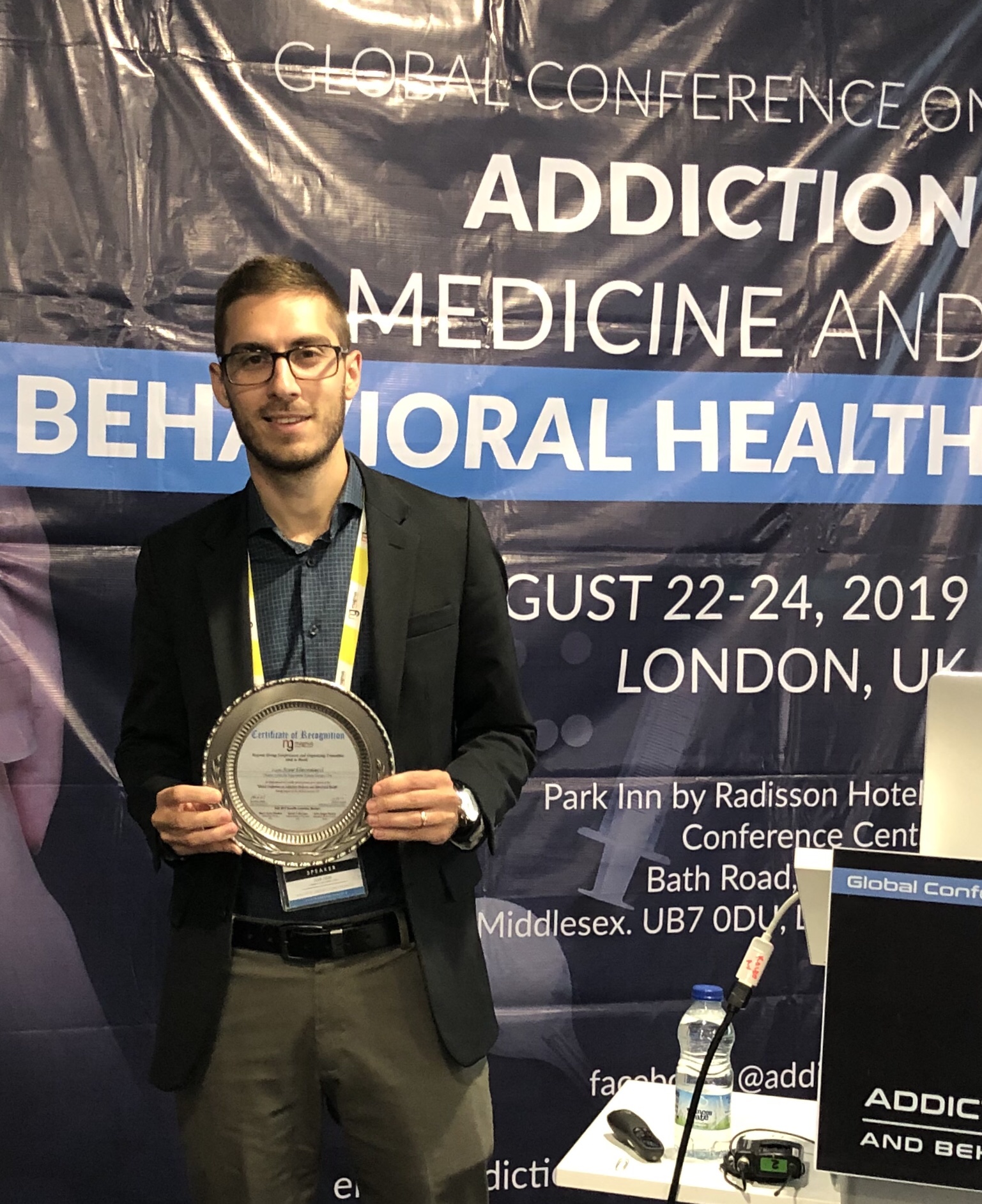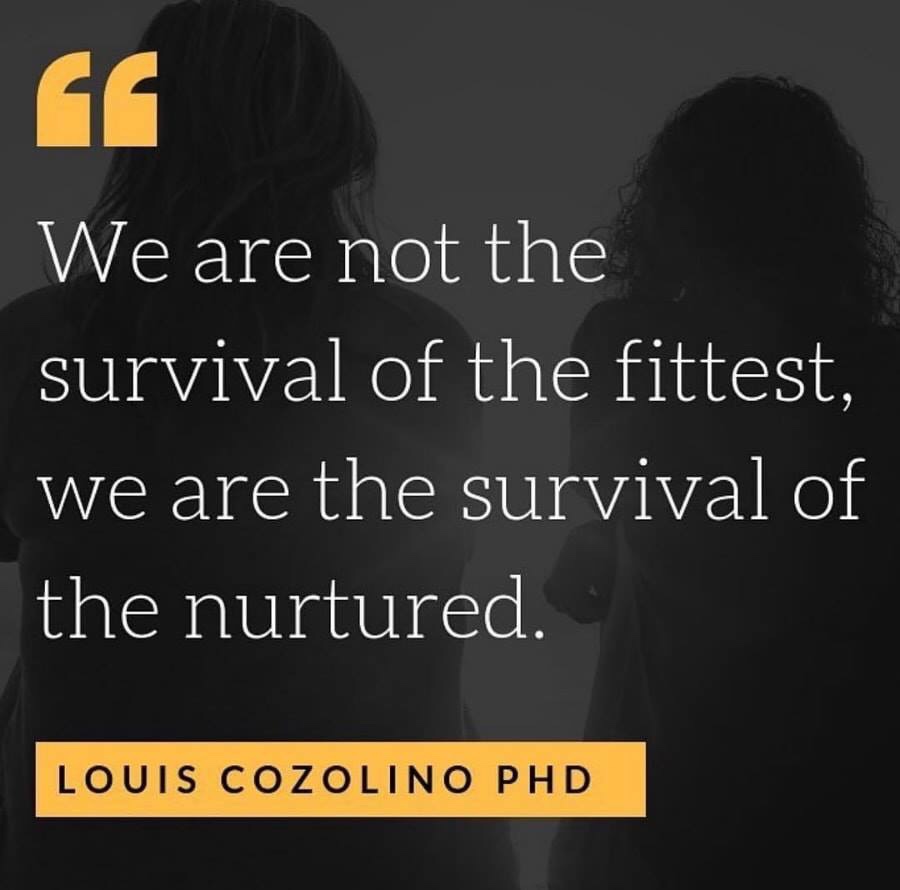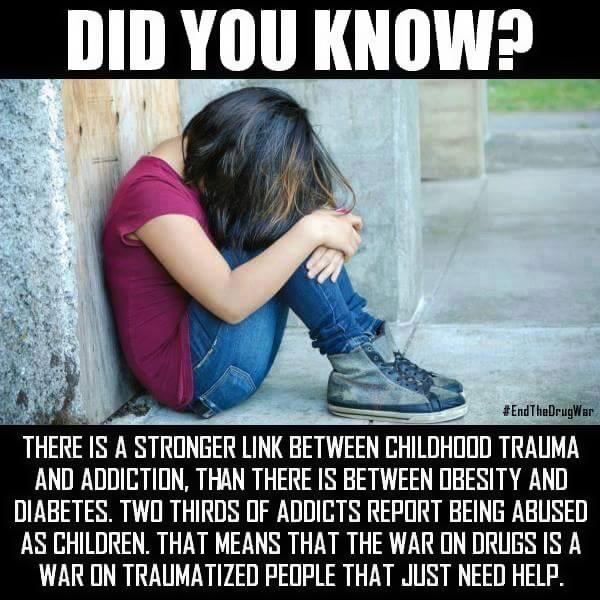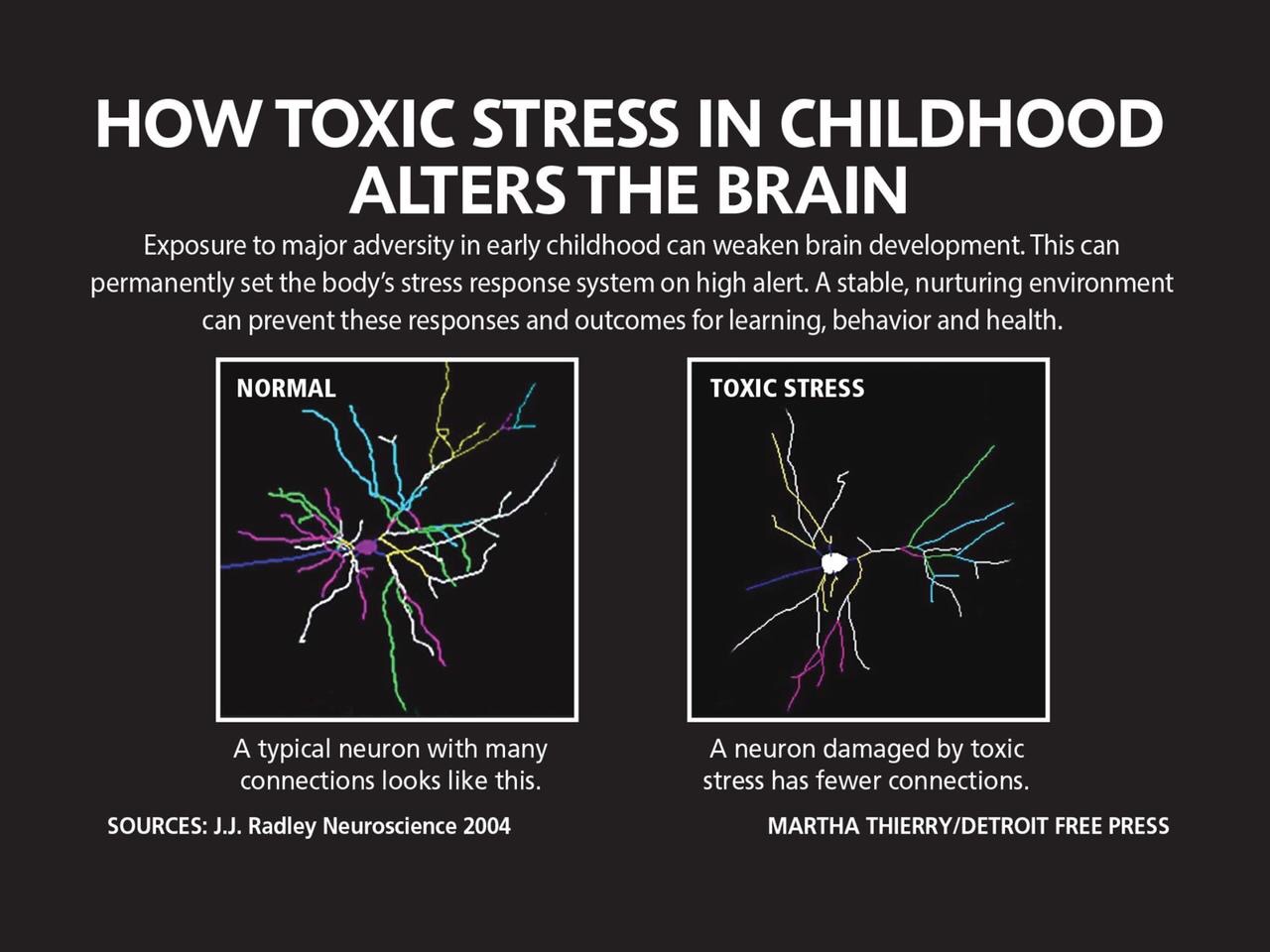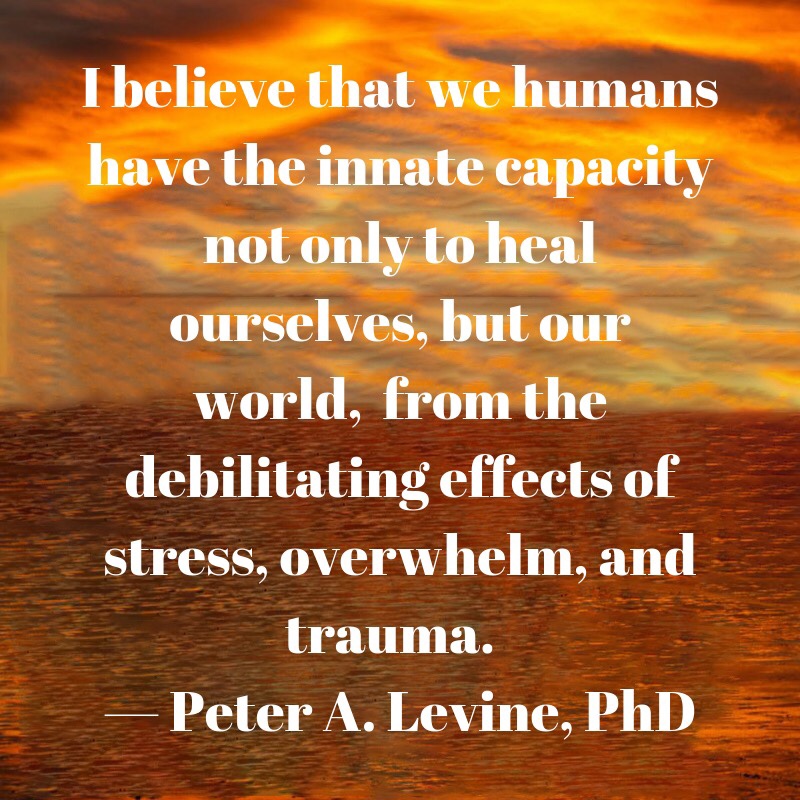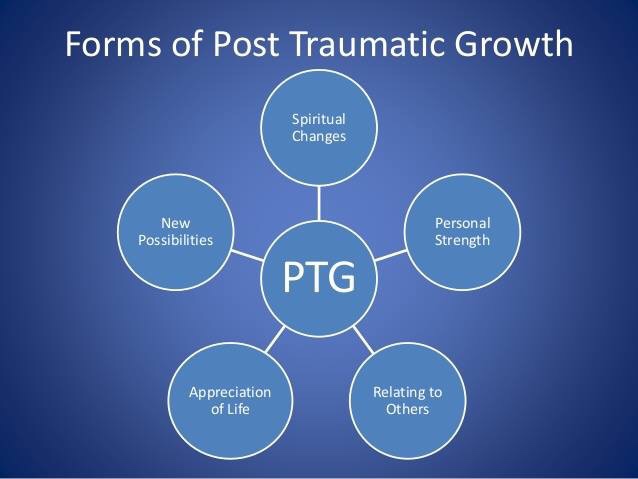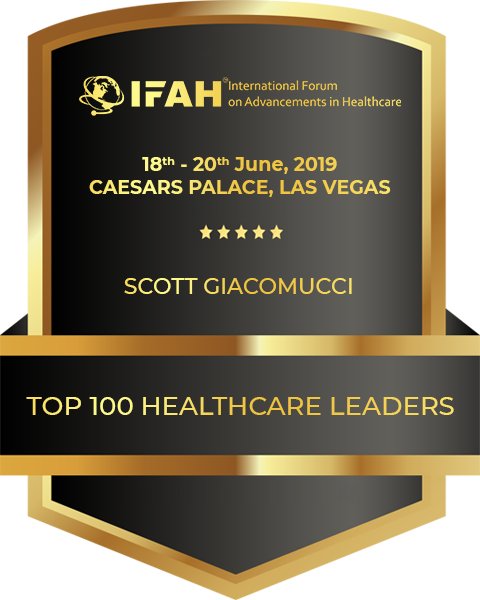Post-Traumatic Stress is simply the past emerging in the present.
Feelings, images, physical sensations, and thoughts from the time of the trauma resurface in the present moment when we are faced with a reminder of the event.
This is really just our bodies & psyches trying to protect us – but it causes lots of problems and impacts our functioning in the world.
Healing from trauma isn’t so much about telling the story of the past as it is about renegotiating how the experience lives with us today. Feelings need to be expressed, sensations experienced, beliefs revisited, and internalized roles transformed.
www.PhoenixTraumaCenter.com
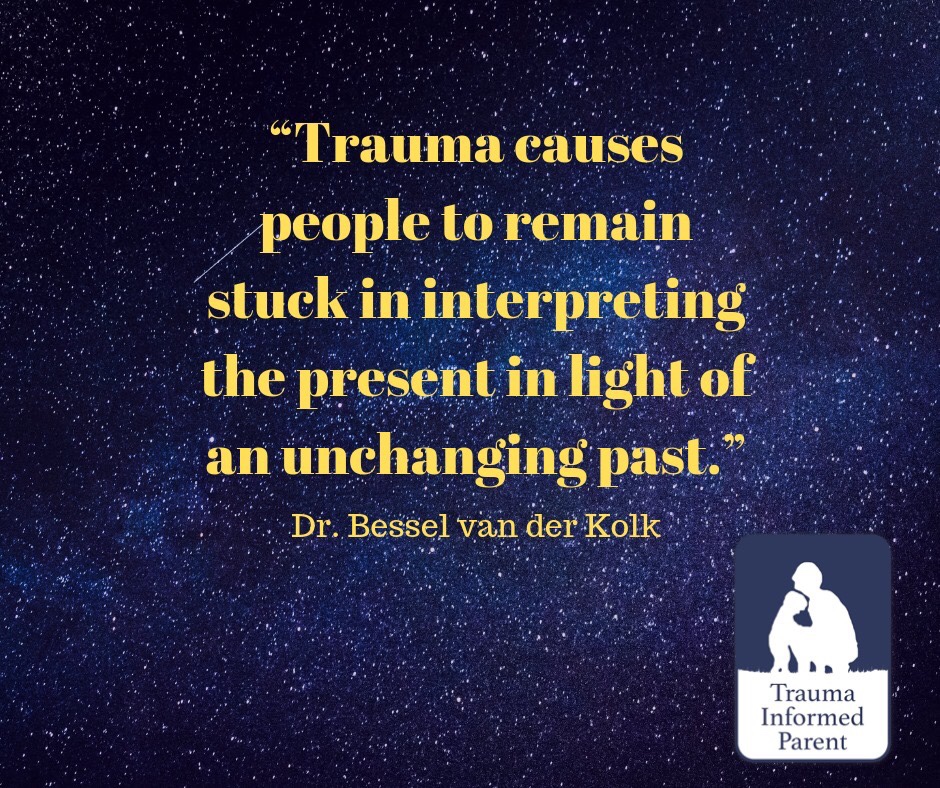
#trauma #traumarecovery #traumatherapy #ptsd #ptsdtreatment #traumahealing #traumaticmemory #traumaticstress #besselvanderkolk
